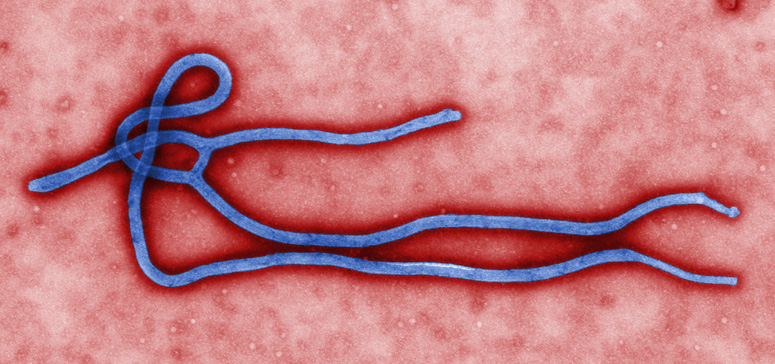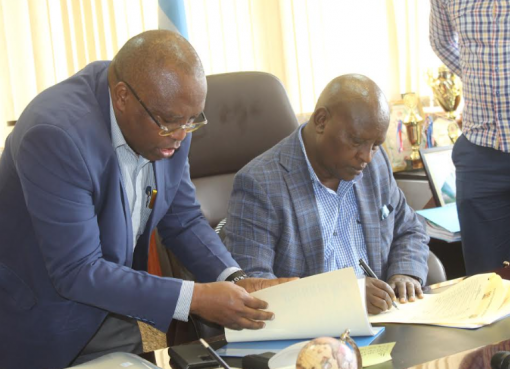The Kenya Red Cross society in Busia County has embarked on a four-month mission to sensitize residents on Ebola Virus Disease (EVD) in a move to prevent future contact and spread of the disease.
Speaking during the second stakeholders’ meeting in Busia, the Assistant County Commissioner Steven Kibandi called upon leaders from various departments to join hands with Red Cross and create awareness on the preventive measures of the disease.
“We need to join hands with KRC society and spread the message in our various departments. Coordination among stakeholders is a key factor in relaying such messages,” stated Kibandi.
Kibandi added that there is a need to take precaution measures, as Busia is a border town whose residents interact on a daily basis with their counterparts from Uganda.
Ebola disease outbreak was declared in Uganda on 20th September 2022 with nine districts affected, 142 confirmed cases and 55 confirmed deaths. The end of the outbreak was declared on 10th January 2023.
The disease is caused by Ebola virus, spread through direct contact with body fluids; blood, saliva, vomits, urine and secretions from wounds of an infected person.
Signs and symptoms associated with the disease include high fever, headache, skin rash, vomiting, frequent diarrhea, muscle pain, weakness and bleeding from body openings.
The Busia County Disease Surveillance Coordinator, Evans Shiraku urged all stakeholders to encourage residents to call the emergency number in case of any of the above-mentioned signs.
“It’s upon community members to inform us of any unusual sign on a patient. Our emergency number 1199 is toll free,” he said.
Shiraku further added that there is a need to take precaution as Busia is a border county with a porous border, which exposes the county to infections. Other risk factors include cultural practices, cross border trade, population attributes and low awareness on the disease.
The Ministry of Health has unveiled an event-based surveillance that aims to reach more people in communities through events. This falls under the County EVD Response Organization Activities.
Shiraku noted that the county is still lagging behind in terms of preparedness as it lacks the necessary facilities required in case of an emergency response. “We lack transport facilities and funds required for our coordination activities. It is hectic to move around without the required incentive,” he stated.
Other areas under the response activities include case management in which the ministry is pushing for reactivation of Alupe Isolation Center, believed to have been brought to a standstill by poor planning. The facility also faces inadequacy of commodities and has a porous fence.
The surveillance by the Ministry of Health also brought to light the poor state of laboratories in the county. “We have untrained lab staff and inadequate samples handling materials. This makes it hard to run the lab operations,” said Shiraku.
According to Shiraku, there will be screening of travelers and truck drivers across the border and submission of the screening reports on a daily basis.
The Busia KRC board Chairperson Rafael Omusala lauded the stakeholders and the ministry of health at large for the good work done.
“I appreciate you all for the efforts and future plans you have in a move to boost the health sector,” said Omusala adding that chiefs and church leaders play a major role in the sensitization process as they are the policy makers and opinion leaders in a society.
The stakeholders involved in the sensitization program include those from police department, disaster response and management, religion and media.
KRC has distributed 10 Community Health Volunteers (CHVs) in each community who plays a vital role as focal community workers in emergency response.
By Peter Okeka





